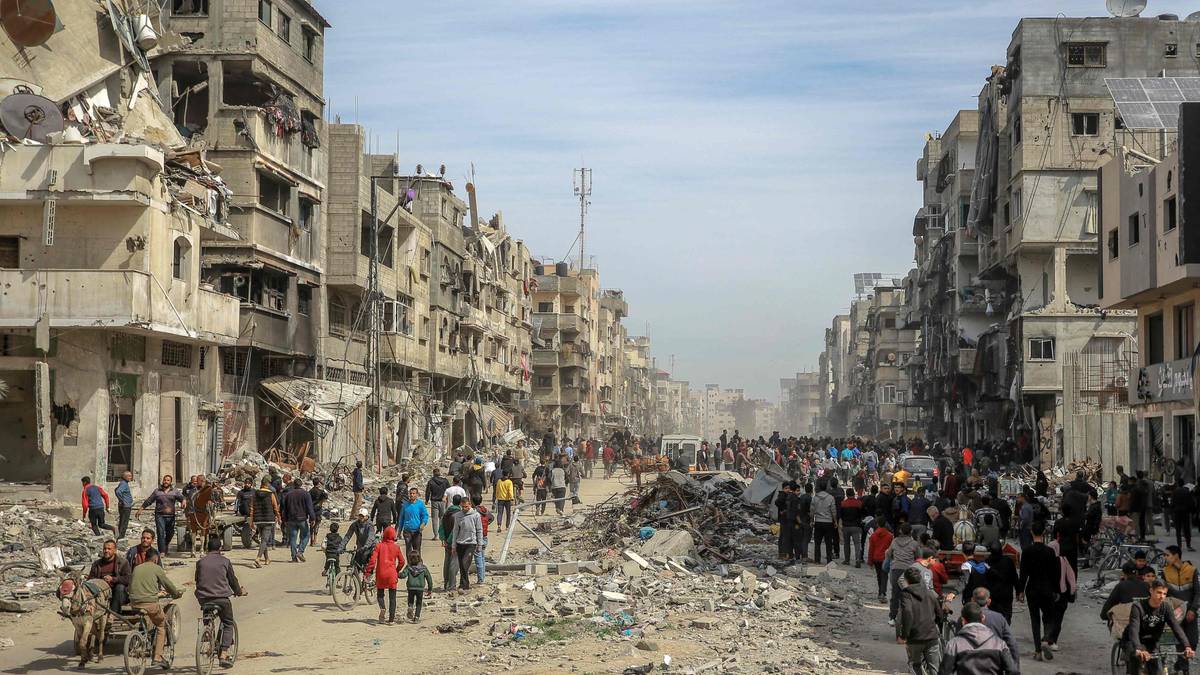This is what a senior US official said on Saturday, as Reuters and Agence France-Presse wrote.
The source states that Israel has accepted “in one way or another” the temporary ceasefire agreement. It is now up to Hamas to agree to release the hostages so that the agreement can enter into force.
Earlier on Saturday, Egyptian security sources reported that the two sides must have agreed on the duration of the ceasefire and on the exchange of hostages and prisoners of war.
The plan is that during these six weeks a long-term agreement will be put in place, CNN wrote.
The problem, says the American source, is that Hamas has not yet agreed to define the “category of hostages at risk.” The official says that according to the agreement, this group is the one that should be released first.
Implementation of the agreement also requires the withdrawal of Israeli forces from northern Gaza. The talks are expected to continue on Sunday.
President Joe Biden has said he hopes a ceasefire can be reached by Ramadan, which begins on March 10.
Hamas took about 250 Israeli and foreign citizens hostage during the October 7 terrorist attack on Israel. They are believed to still have around 130 hostages, but not all of them are alive.
Meanwhile, more than 30,000 people have been killed in Gaza, according to Palestinian health authorities. Nearly 70,000 are said to have been infected.
Airdrop with food
The US Department of Defense announced that the United States on Saturday provided emergency aid, including about 38,000 meals, throughout the Gaza Strip.
This comes after more than 100 Palestinians were killed when they poured onto a truck carrying emergency aid on Thursday.
The Biden administration stated that it monitored the rendition and saw civilians finding it. However, there was no water and no medical equipment in the packages, CNN reported.
The same American official says that the airdrops are not enough to compensate for the enormous need for food and emergency aid.
None of these – sea lanes and airdrops – are a substitute for the basic need to get assistance via as many land crossings as possible.
Israel is under criticism for preventing emergency aid from entering the Gaza Strip. The World Food Program was forced to halt all food deliveries to northern Gaza last week. The United Nations justified this by Israeli gunfire and “complete chaos and violence due to the collapse of civil order.”
Relief organizations fear a catastrophic famine, and describe that people are so hungry and desperate that the little food that comes cannot be distributed in the normal way.

“Organizer. Social media geek. General communicator. Bacon scholar. Proud pop culture trailblazer.”

